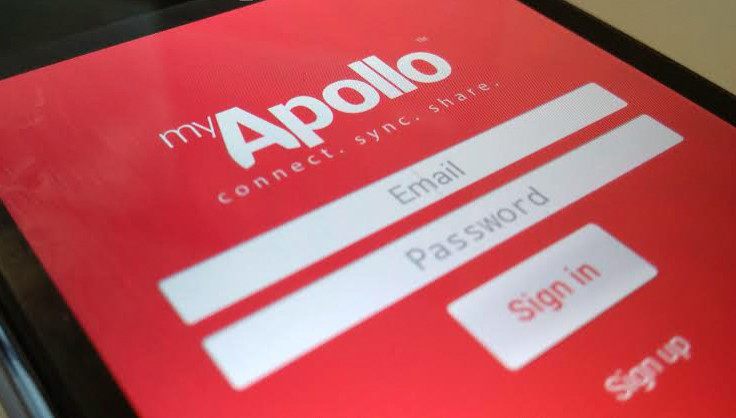Encrypted Social Network Lures Privacy-Conscious Users Away From Facebook

A new social network has launched, aiming to coax privacy-conscious users away from the prying eyes of Facebook.
MyApollo is the world's first social network that doesn't store its users' data on its servers. Instead, data is encrypted and sent across a peer-to-peer network to ensure it cannot be picked up by third parties.
"We've developed a totally new model," Harvey Medcalf, founder and CEO of myApollo's parent company Arroware Industries, tells IBTimes UK. "We believe that the client/server model is just fundamentally flawed."
Medcalf's aim is to eventually offer a similar service to that of Facebook, with plans in the pipeline to extend it even beyond what the social network giant offers.
For the moment, however, it offers only a skeleton service of post updates, photo-sharing and messages to contacts.
People 'passionate' about privacy
Privacy concerns have been paramount in many people's minds ever since revelations of mass government surveillance surfaced last year through whistleblower Edward Snowden.
Snowden, a former contract worker for the National Security Agency (NSA), exposed the practices of intelligence agencies around the world through leaked documents, some of which appeared to show that major firms like Facebook and Google were colluding with snooping agencies by providing them with data from their users.
Although the idea for myApollo was first dreamt up before any of the NSA revelations, Medcalf believes that it is now the main driving force behind people turning to the service.
"I think that people are really passionate right now about the whole NSA scandal," Medcalf says. "As it came to light, that really became the primary focus of why we were doing what we're doing as it's not something that's currently available.
"People are now realising that now they have an alternative and that's why they're picking the platform up."
Bandaid on a much bigger wound
In light of recent privacy concerns, large tech companies have begun to take steps to assuage people's fears that their personal data is being used without their knowledge or consent.
Facebook and Google are now using https secure browsing as a default security feature. However, Medcalf believes these companies are too entrenched in their current model for users to ever be able to trust them again.
"People love what they're using, they're just not in love with how it's using them," Medcalf says. "These new security features are nothing more than a bandaid on a much bigger wound."
Other than the username, myApollo has no way of accessing any information of its users.
Will it take off?
With not an ad in sight, myApollo has so far been supported by several private investors who "believe in the vision of the application".
Medcalf hopes that the app's "implementation across various industries" will mean that myApollo will never have to resort to advertising for its revenue. However, when pressed on exactly how he would be able to monetise the service, Medcalf remains hazy.
What is certain however, is that Medcalf aims to transform myApollo from a social network into a "social platform". Within the next 12 months, myApollo will introduce private cloud storage and file-transfer features.
In doing so, Medcalf is betting that myApollo will expand into something with a broad enough appeal to really challenge Facebook.
"Social media is such an excitable industry and a hot topic right now. This was designed to change people's expectations of what can be done," Medcalf concludes.
© Copyright IBTimes 2025. All rights reserved.






















